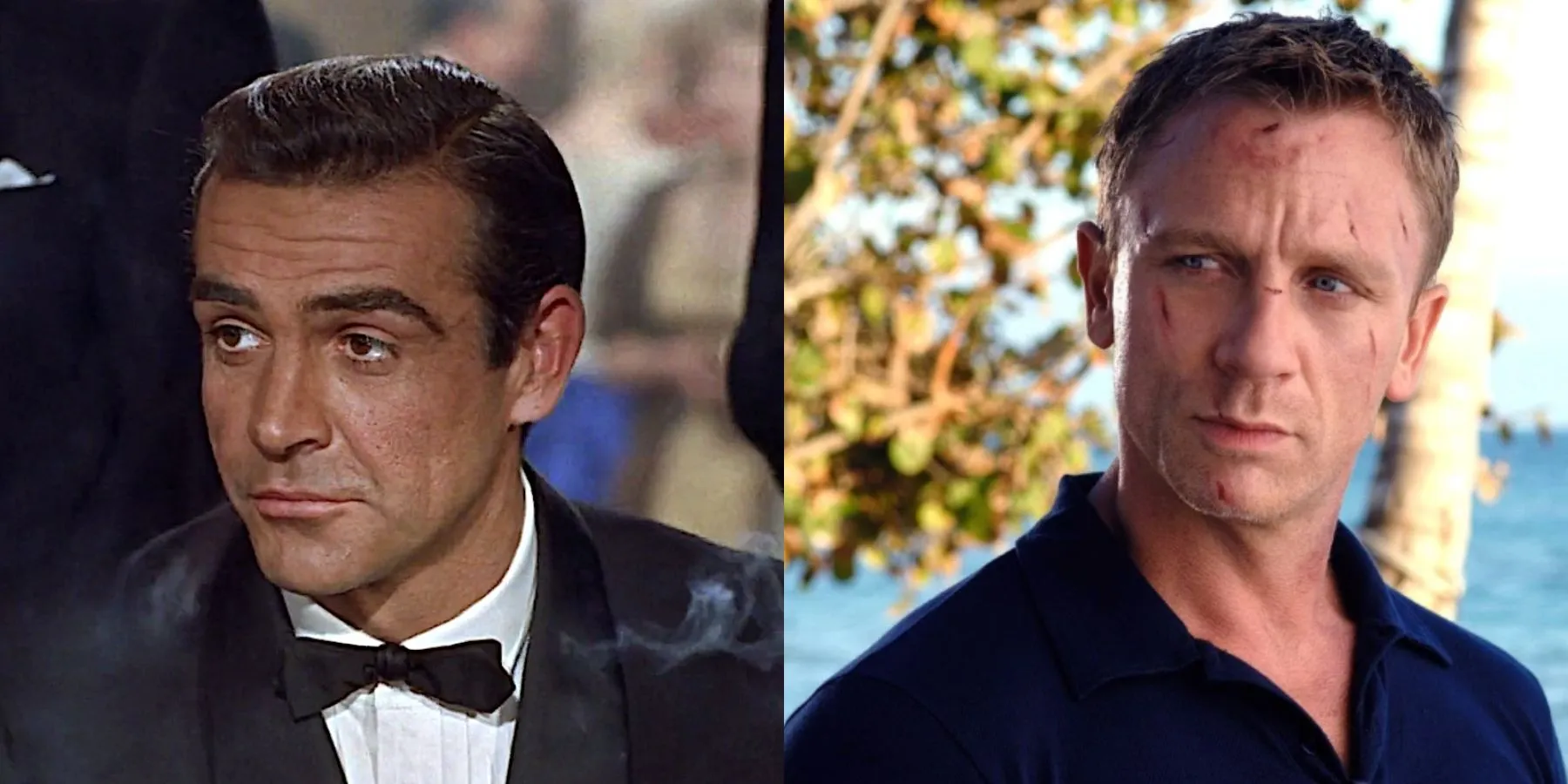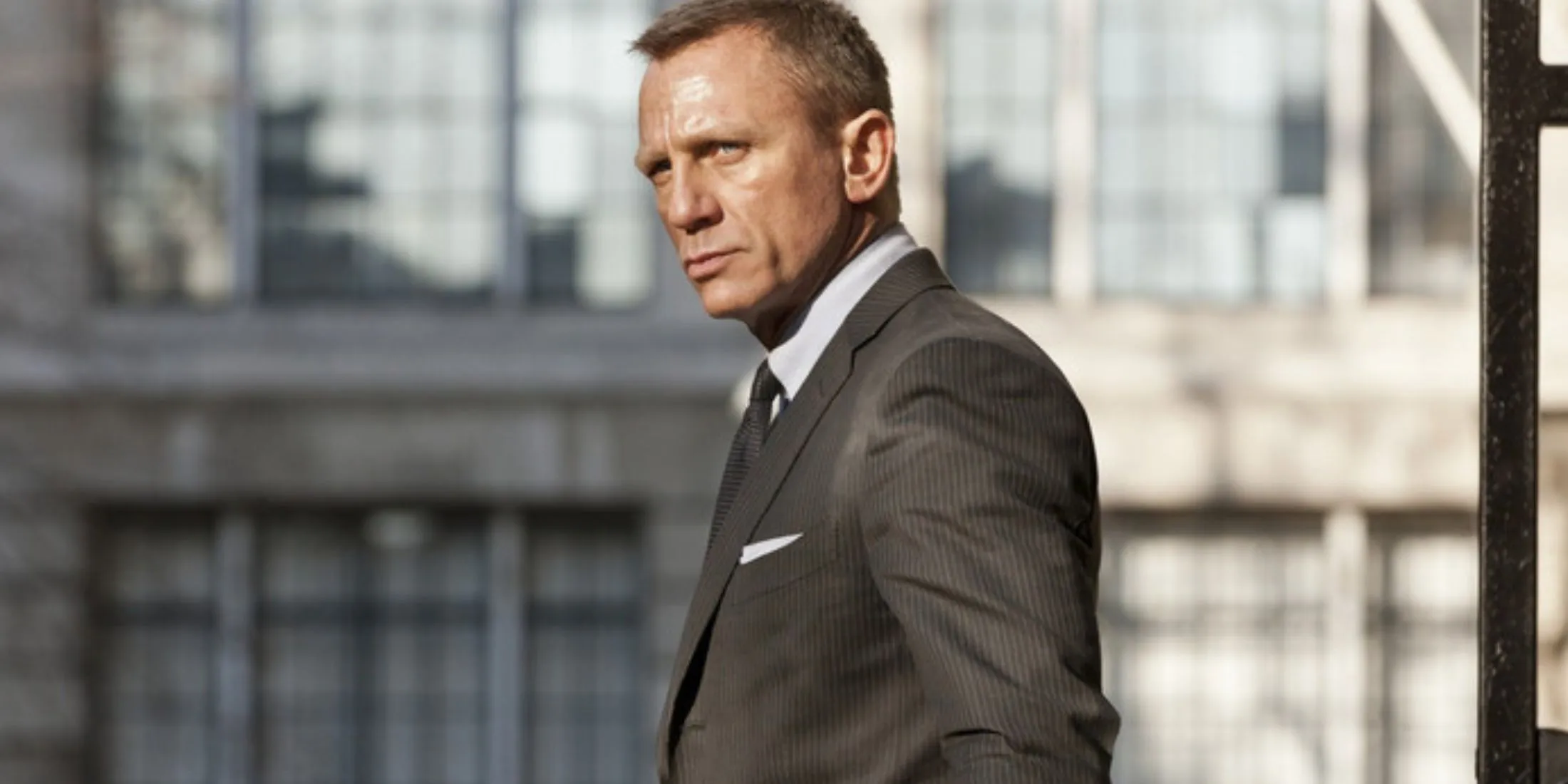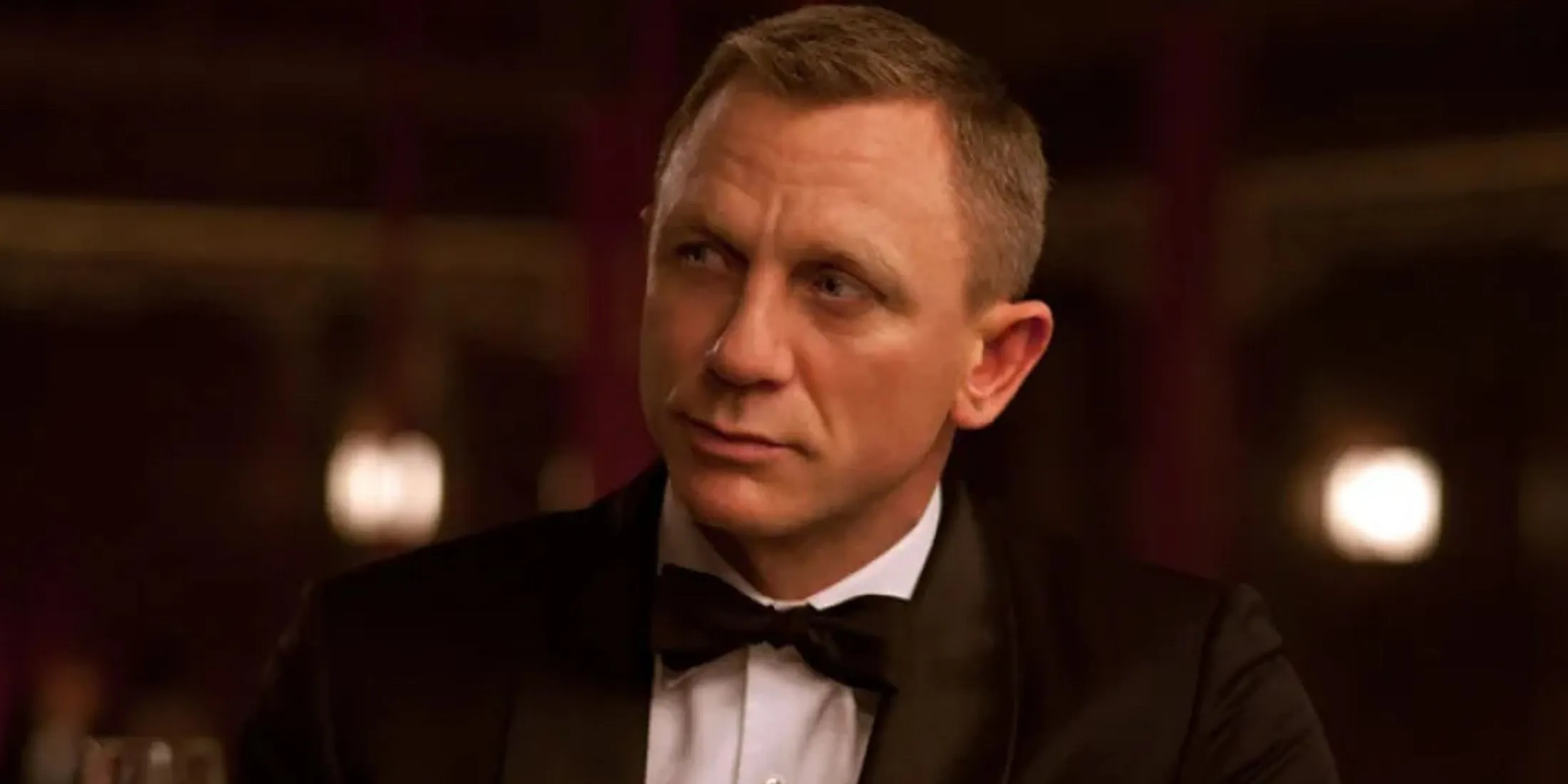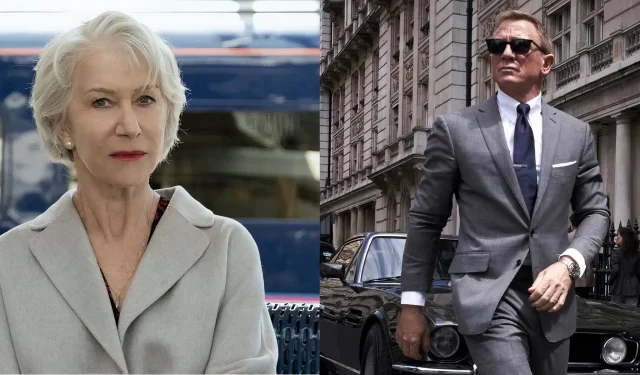Overview
- Helen Mirren critiques the portrayal of women within the James Bond franchise.
- Changes to Bond’s character seem unlikely, yet there is scope for enhancing female roles.
- Future Bond films should prioritize the inclusion of formidable female characters to improve representation.
The James Bond franchise is at a crossroads, enveloped in uncertainty as fans await the announcement of a new actor to assume the iconic role after Daniel Craig’s departure. Given the franchise’s immense popularity, many anticipated a swift transition. However, the prolonged hiatus may yield fresh and innovative concepts for the next installment, potentially resulting in a fundamentally different interpretation.
One notable figure unlikely to join the cast of any future Bond film is Helen Mirren, who has voiced her critical views regarding the portrayal of women in spy narratives.
Helen Mirren Critical of James Bond

The James Bond franchise is distinctive within the action and thriller genres, showcasing a character renowned for his adaptability and fearlessness in any situation. Bond’s escapades traverse high-stakes confrontations, romantic entanglements, and personal challenges. However, Mirren highlights a significant flaw—female characters are often underrepresented and poorly developed. She expressed her concerns in a recent interview with The Standard, stating, “I never liked James Bond. I never liked the way women were in James Bond.”
Mirren advocates for storytelling that honors compelling women who have bravely navigated the espionage world, such as those within the historical French Resistance. While the prospect of a female actor embodying James Bond has generated buzz, the character’s traditional depiction renders this unlikely. Nevertheless, Mirren’s call for greater female empowerment within the franchise warrants serious consideration, given the wealth of remarkable women who have been involved in covert operations.
James Bond’s Characterization Remains Consistent

In regard to the character of James Bond, a fundamental change seems improbable. He is characterized by his pursuit of romance alongside a quest to defeat the villain. This formula has contributed to Bond’s enduring appeal. Nonetheless, there is room for significant improvements in how he interacts with women. Transitioning from shallow romantic encounters to constructing meaningful relationships would greatly enhance the narrative depth. Daniel Craig’s tenure as Bond began to reveal this shift by integrating more profound connections, allowing audiences to resonate with the characters on a deeper level.
Future Bond Films Must Evolve Female Representation

While the iconic representation of Bond as a suave, charming figure is unlikely to alter drastically, the portrayal of women can certainly evolve beyond the conventional ‘Bond girl’ stereotype. The film No Time to Die took commendable strides in this direction, featuring characters like Nomi, played by Lashana Lynch, who assumed the 007 mantle, showcasing her skills decisively. Additionally, Ana de Armas portrayed a competent CIA agent, while Lea Seydoux’s character as a French psychiatrist surpassed the roles traditionally assigned to women in Bond films.
Enhancing female representation in such a manner is essential as the world increasingly champions women’s empowerment, and Hollywood must adapt accordingly. Female characters should not merely function as romantic interests for Bond but could operate as equal adversaries or superiors, fundamentally transforming the current dynamics. If voices like Mirren’s can influence this subtle yet impactful shift, it would signify a meaningful evolution for the James Bond franchise. Fans cherish these films, and addressing one of their longstanding shortcomings could result in a richer, more powerful cinematic experience in the future.


